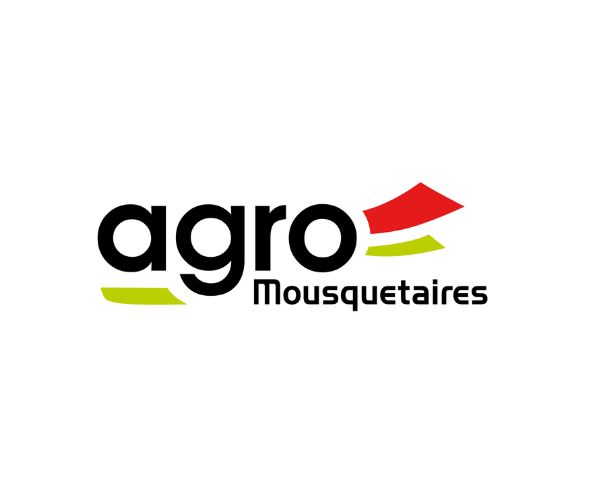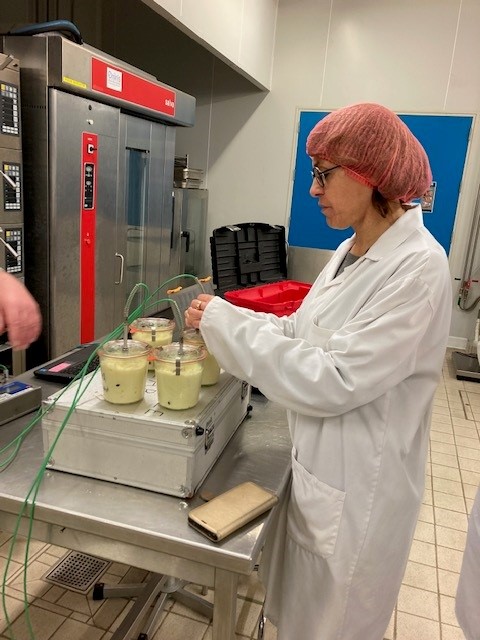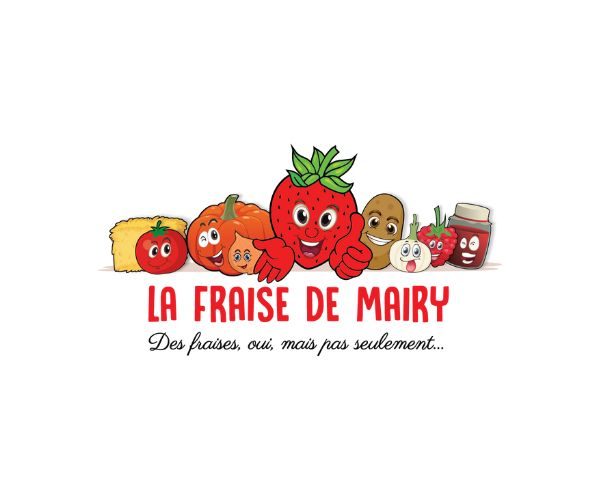Customer testimonials
Workshop on the impact of processes on product taste and optimization levers: the CTCPA supports Agromousquetaires
09
June

Published on: 09/06/2023
The CTCPA supported the AGROMOUSQUETAIRES teams through a 2-day workshop on the impact of their processes on the taste of their finished products and the levers for optimization. Hubert DRIEU LA ROCHELLE, Product Innovation Manager, gives us an overview of our support.

"I was fully satisfied with the program and the serious work accomplished with the CTCPA to develop an original workshop on the impact of processes on the taste of our finished products, and to find ways of optimizing them.
How did you come to contact the CTCPA?
As Product Innovation Manager within the Strategy, Development and Innovation Department, I'm in charge of the internal collective project "Developing product culture through taste".
As part of this project, we wanted to call on a service provider for a comprehensive training program to help us understand how the processes we apply in our plants can positively or negatively influence the organoleptic qualities of our products. The training was to combine theory and practice (through the organization of workshops) in order to fully understand the various phenomena and then put them into practice.
Why did you choose the CTCPA?
I had already worked with the CTCPA in the past. I was therefore confident about the reliability of the teams, and I knew that the CTCPA in Nantes had the high-performance Oniris technology hall at its disposal. In discussions with the CTCPA, I was delighted with the conditions, the proposal and the skills of the project group. This confirmed my decision to choose the CTCPA for this training project!
We were supported by Carla LUCET (development project manager for the East of France and national startup manager) and Yann GUYOT and Nicolas LEHEBEL (technology project managers).
How did the workshop go?
The workshop went very well. It must be said that we had worked hard with the CTCPA beforehand to establish a coherent, tailor-made program. This type of workshop was a first for both Agromousquetaires and the CTCPA. Over the course of the two days, participants were given a common theoretical part. Then, we divided the participants into two groups (savory/sweet) to carry out practical workshops on different products according to each person's needs, allowing them to move, handle, exchange and come back to certain questions more easily.
Each participant was able to take away a wealth of information specific to his or her area of expertise: flavors, jam production in relation to prior cooking time, acidification of seasoning sauce, the impact of sterilization schedules... The aim was for each division to be able to take away data to improve our processes within the plants.
What did the participants think?
They really appreciated the information they received and the alternation between practice and theory. In fact, it's easier to understand what's going on when you put it into practice. Everyone is now in a position to optimize plant processes!
For my part, I was fully satisfied with the program and the serious work accomplished with the CTCPA to develop an original workshop around the impact of processes on the taste of our finished products and to find levers for optimization.
__
CONTACT AGROMOUSQUETAIRES :
- Hubert DRIEU LA ROCHELLE: hubert.drieularochelle@mousquetaires.com
- Website - LinkedIn - Twitter
CONTACT CTCPA :
- CTCPA Nantes : nantes@ctcpa.org
- Carla LUCET - Project Manager, Development East, National Startup Manager: clucet@ctcpa.org
The development of food products, processes and packaging is at the heart of our DNA. As a technical center, our mission is to identify, test and advise on innovations processes, products, ingredients, packaging for a organoleptic experience, and health of your consumers. You have a project? Please contact us!






